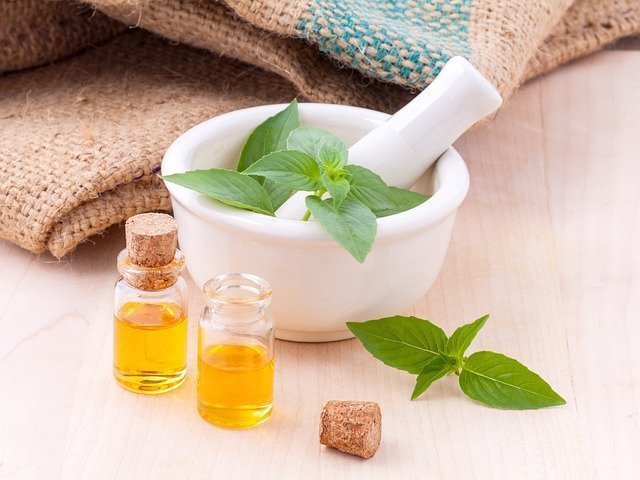I’ve heard of people that on rare occasion and deep in prayer felt like they could smell a bit of the fragrance of heaven. When asked to describe the smell, they say, “almost like cinnamon but different.” And then today I read this about the anointing oil in the assembly of the tabernacle:
22 Then the Lord said to Moses, 23 “Take the following fine spices: 500 shekels of liquid myrrh, half as much (that is, 250 shekels) of fragrant cinnamon, 250 shekels of fragrant calamus, 24 500 shekels of cassia—all according to the sanctuary shekel—and a hin of olive oil. 25 Make these into a sacred anointing oil, a fragrant blend, the work of a perfumer. It will be the sacred anointing oil.
The Sacredness of the Fragrance
Interesting.
But also what I read even more interesting is that this fragrance for the anointing oil was to be sacred.
32 Do not pour it on anyone else’s body and do not make any other oil using the same formula. It is sacred, and you are to consider it sacred. 33 Whoever makes perfume like it and puts it on anyone other than a priest must be cut off from their people.’”
The same was true for the incense:
7 Do not make any incense with this formula for yourselves; consider it holy to the Lord. 38 Whoever makes incense like it to enjoy its fragrance must be cut off from their people.”
The Setting Apart
The fragrance was sacred to the lord. In the case of the anointing oil and perfume, it was a fragrance reserved only for worship in the tabernacle. No one else could make the same scent or they were to be cut off from their people.
It was also to be made by experts, the work of perfumers (v. 25). It was to “expertly blended” (v. 35) so clearly this wasn’t just a home brew recipe. It was to be mixed by those who knew the intricacies and art of high quality perfume.
And lastly it was not to be used for common use (v. 32, 37). These fragrances were to be used only for worship.
What Does that Mean?
God desires things to be holy, but he is also teaching them what holiness looks like. Holiness is to be right and done well. It is something “set aside” and “reserved” for noble purposes. And it is not to look or be used in common ways. In fact Ezekiel three times warns three times about allowing what is holy to become common.
Now it comes to us. Those of us in Christ are considered by God as holy. And we are called to be his holy people (Rom 1:7). So here’s the million dollar question.
As the people of God are becoming holy, looking and living different than those around us, living set apart lives that we might be the sacred fragrance of God?
Or have we become common?

